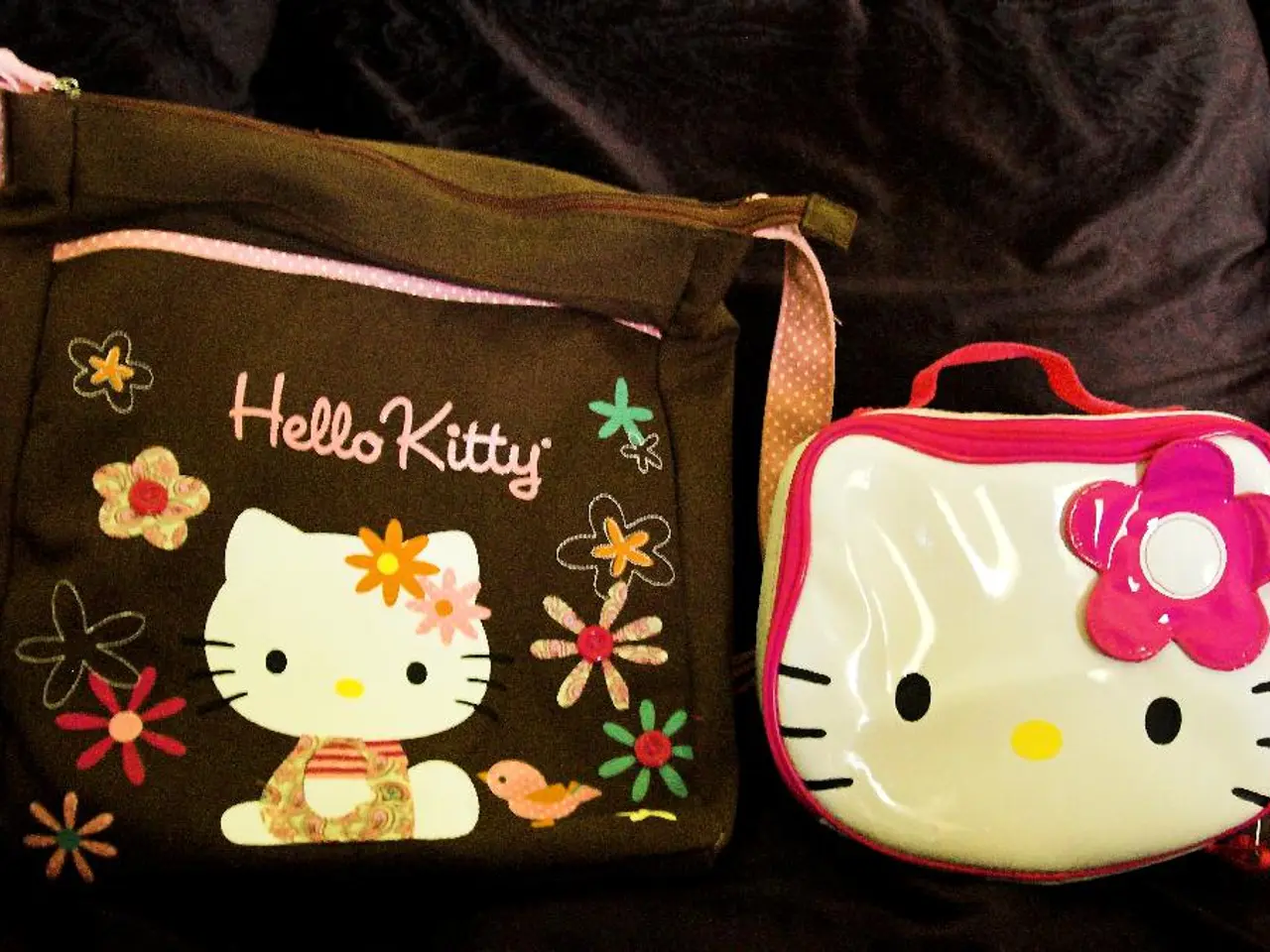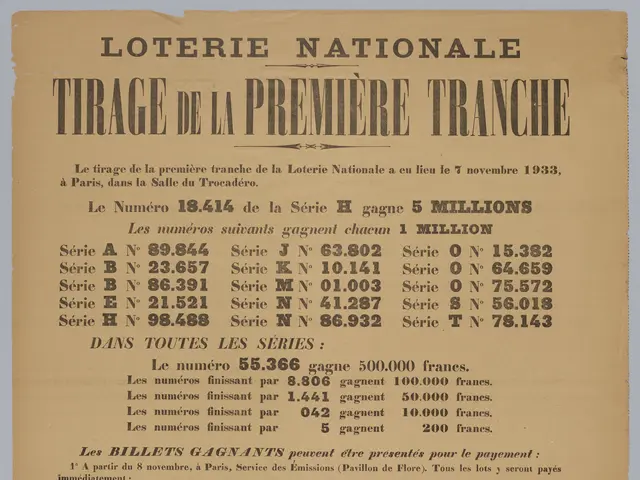Dispute over garment recycling: Fresh regulations sparking demonstrations among collectors - Dirtied clothing found in domestic waste
Mainz, Germany - A series of changes and misconceptions regarding the disposal of textile waste have been causing confusion in the city of Mainz. In an effort to clarify the situation, we present a breakdown of the current regulations and best practices for dealing with used clothing and textiles.
The collection and management of textiles in Mainz have been a priority for the city since 2013. These textiles are sorted, prepared, and either passed on to second-hand trade, charitable purposes, or used in the production of painter's felt and cleaning cloths. However, it's important to note that worn-out and heavily soiled clothing, including underwear for hygienic reasons, should be disposed of in the residual waste bin.
The revised EU Waste Framework Directive, implemented in January 2025, requires EU member states to collect textiles separately from other waste types. This change led to the amendment of the Waste Management Act (KrWG) in Germany, which now stipulates that all municipal waste disposal providers must ensure that textile waste is collected separately.
In light of these changes, the city of Mainz announced on January 1, 2025, that textile waste should no longer be disposed of in household waste. The waste disposal company in Mainz is conducting checks on the bins for textile waste, and it's crucial to adhere to these guidelines to ensure a smooth collection process.
Despite these efforts, the collection of textile waste has been on the brink of collapse since the beginning of the year. The German Red Cross in Hesse warned that the textile waste collection is at risk due to incorrect throws and contamination with foreign waste, which have increased since the EU regulation.
To help alleviate the strain on aid organizations, it's essential to understand the problems associated with the disposal of textiles. The actual problem in this area is "Fast Fashion," which is not easily resold in second-hand shops or recycled due to being cheaply and poorly produced.
To find out more about textile recycling in Mainz, you can contact the KAW Mainz-Bingen at 06131/12 34 56 or by email at [email protected]. An overview of the DRK Mainz-Bingen clothing recycling containers can be found online, and information on clothing recycling can be found on the KAW Mainz-Bingen website. The city of Mainz also provides tips on avoiding unnecessary clothing purchases online.
The proceeds from textile waste collections benefit regional youth work, disaster relief, and local social projects of the DRK in Hesse. Additionally, bed linen is processed separately, and the feathers are cleaned to serve as filling material for new bed linen.
In conclusion, it's crucial to understand and adhere to the regulations regarding the disposal of textile waste in Mainz. By doing so, we can help ensure the success of textile recycling efforts and contribute to a more sustainable future for our city.
Read also:
- Peptide YY (PYY): Exploring its Role in Appetite Suppression, Intestinal Health, and Cognitive Links
- Toddler Health: Rotavirus Signs, Origins, and Potential Complications
- Digestive issues and heart discomfort: Root causes and associated health conditions
- House Infernos: Deadly Hazards Surpassing the Flames








